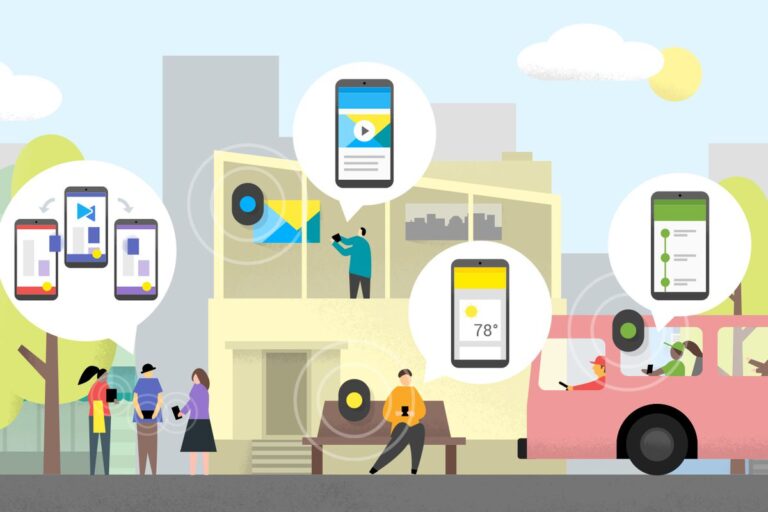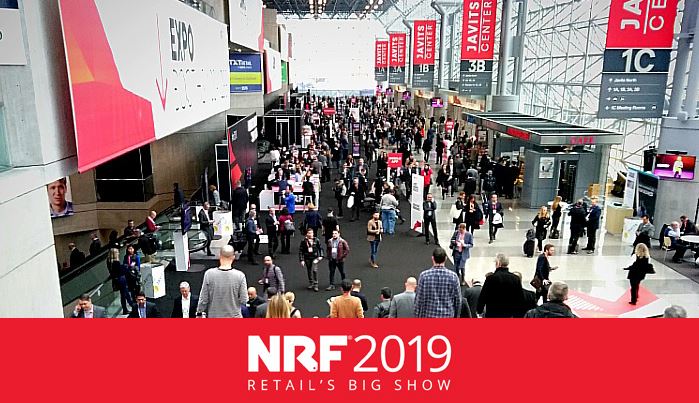The allure in luxury fashion is often not just the product but the personalized experience; shoppers now crave memorable interactions that reflect a human touch. That’s where clienteling in retail becomes essential, as brands can transform transactions into lasting bonds by treating each client as a VIP and leveraging their data to personalize outreach.
Below, we explore why clienteling is vital for the luxury fashion industry and how the strategic use of modern clienteling software drives customer engagement in retail and, ultimately, lasting loyalty.
Why Clienteling in Retail is Indispensable for High Fashion
Luxury is defined not just by product quality but by exclusivity, personalized attention, and a sense of belonging. Clienteling in retail brings these intangibles to life through authentic, one-on-one relationships rather than focusing solely on one-time sales. Associates who remember a client’s history and preferences build trust, cultivating more profound experiences for the shopper.
Research indicates that customers who trust a retailer are 88% more likely to return and make repeat purchases (Deloitte). They essentially become brand advocates who share their experience with peers, vastly boosting Customer Lifetime Value (CLV). The fact that every genuine interaction can convert a sale into lifelong loyalty is what makes customer engagement in retail an indispensable strategy.
The Core Pillars of Effective Clienteling in Retail
Successful luxury clienteling in retail rests firmly on three independent cornerstones:
- Authentic Long-Term Relationships: Clienteling means getting to know each client with curiosity and empathy. Staff track individual preferences, purchase history, and special occasions (e.g., anniversaries, birthdays) to build trust. Such personalized attention makes clients feel more valued.
- Hyper-Personalized Shopping Experiences: Once a relationship is established, every interaction can be tailored to the customer’s tastes and needs. Associates can anticipate needs, curate one-of-a-kind experiences for high-value clients, and make more thoughtful product or service recommendations based on their data.
- Data-Driven Insights: Behind the scenes, comprehensive customer data (from purchase history and online browsing behavior to stated preferences and in-store interactions) is the foundation of personalization. Modern clienteling software aggregates information from all channels. It enables retailers to predict needs at scale (such as suggesting a new runway collection before it launches) and refine experiences over time.
Each of these pillars depends on the others: relationships enable data collection, and data enables deeper relationships at scale. Together, they allow luxury retailers to treat every high-value shopper as an individual VIP.
The Modern Advantage for Customer Engagement in Retail
Modern retail technology enables luxury stores to deliver the personalization that customers have come to expect. Dedicated clienteling software provides a unified view of each shopper by linking online, in-store, and loyalty data. These insights enable:
- 360° Customer View: A single profile shows purchase history, preferences, and past interactions across channels.
- AI-Driven Recommendations: Smart algorithms analyze data to suggest complementary products or gifts a customer is likely to appreciate.
- Endless-Aisle Capabilities: Integrated POS (Point of Sale) and real-time inventory lookup across stores and warehouses ensure out-of-stock items are still a click away.
- Mobile Selling Tools: In-store tablets and smartphones enable advisors to access customer profiles and loyalty status and communicate personally (via email, SMS, etc.) from anywhere.
Each of these features makes shopping more memorable, relevant, and seamless—hallmarks of luxury retail experiences. In this way, today’s cutting-edge clienteling tools can elevate customer engagement in retail to new heights, making every interaction more informed and personalized.
Overcoming Challenges and Measuring Success in Clienteling
The benefits of clienteling in retail are profound, though luxury brands face some hurdles in their execution. One big challenge is maintaining exclusivity in an increasingly digital world. Online channels make products easily accessible, so brands combat this by offering limited releases or VIP experiences.
Meanwhile, millennials and Gen Z are projected to account for ~75% of luxury buyers by 2026 (True-Luxury Global Consumer Insight 2023, BCG x The Altagamma Foundation). These digital-savvy shoppers expect seamless personalization, but that demands handling more personal data carefully. In a survey among 7,000 shoppers, Salesforce estimated that only 57% are willing to share their data for tailored offers (Porch Group Media, 2025).
Thus, luxury retailers must strike a balance between the desire for personalized service and the highest standards of privacy to maintain trust. As for measuring success, some key indicators of clienteling effectiveness are:
- Customer Lifetime Value (CLV): The total revenue a client brings over their relationship with the brand.
- Customer Satisfaction (CSAT): Captures how pleased clients are with their experiences through post-interaction surveys. High CSAT correlates strongly with increased spending, loyalty, and word-of-mouth.
- Repeat Purchase Rate: Gauges loyalty; as mentioned earlier, customers who trust a brand are likelier to make repeat purchases.
- Referral Rate: Loyal, satisfied clients bring in new customers. In fact, the average value of a referred shopper is 16% higher than that of a non-referred customer (Schmitt, P., Skiera, B., & Van den Bulte, C., 2011. Referral Programs and Customer Value).
Even the best tools mean little without skilled associates behind them. Staff in luxury retail must be masters of both people and products. They require exceptional soft skills to anticipate client needs and handle every interaction with the utmost delicacy. They also must be experts in fashion trends, brand heritage, and product craftsmanship. Thus, only ongoing training will ensure that the frontline staff can consistently utilize data from clienteling tools to deliver the genuine service that luxury shoppers expect.
Veras Affinity: AI-Powered Clienteling, in the Palm of Your Hands.
There’s no doubt that clienteling in retail can deliver the exclusive, high-touch experience that wealthy shoppers crave from luxury fashion brands today. Veras Affinity is our next-generation clienteling solution, purpose-built to augment customer engagement in retail.
Veras Affinity leverages AI and frontline expertise to deliver contextual product recommendations and insights to associates on the sales floor. When a customer walks in, store staff using Affinity immediately see personalized insights (customer rank, preferences, and quick tips) and can search the entire inventory from a tablet. Additionally, it integrates with mobile POS via Veras Extend to convert those insights into omnichannel carts, wishlists, and direct orders.
The result is a truly differentiated brand experience: associates are empowered with data-driven guidance to create the kind of high-touch, individualized service that is foundational to forging lifelong client relationships.
FAQ
1. What’s the recommended first step for a luxury brand new to clienteling in retail?
Begin by outlining clienteling goals and identifying your most valuable client segments. Then, invest in clienteling software that can gather and utilize comprehensive customer data, followed by thorough training for associates on personalized relationship-building for optimal customer engagement. Choose Veras Affinity.
2. How does one measure the “human touch” aspect of clienteling?
Retailers employ qualitative methods, including detailed customer feedback surveys (which ask about personalized service and feeling understood), mystery shopper programs that focus on associate interaction quality, and anecdotal staff reports. Quantitative metrics, such as Customer Effort Score (CES) and Net Promoter Score (NPS), can also indirectly reflect the quality of human interaction.
3. Can clienteling software assist with data privacy compliance?
Robust mobile clienteling solutions from Veras Retail provide tools for managing customer consent, tracking data usage, and securely storing sensitive information. This helps our partnering clients adhere to data privacy regulations, building trust while enabling hyper-personalization in retail.
4. What is the implementation timeframe for a new clienteling software in a retail environment?
Implementation varies, but generally ranges from a few weeks for basic setup to several months for full integration with existing systems. Factors include data migration complexity, customization needs, and comprehensive staff training on the new clienteling interface.




